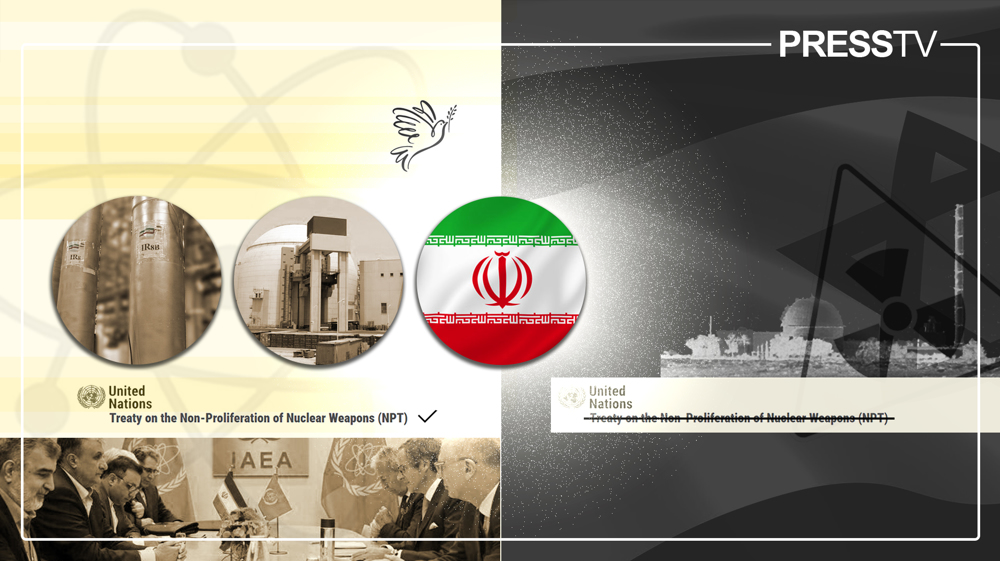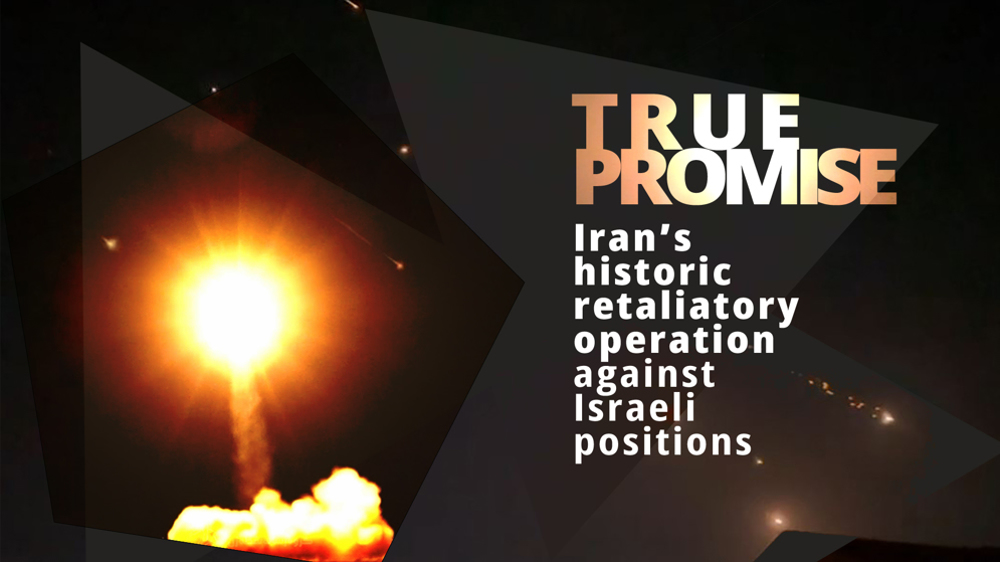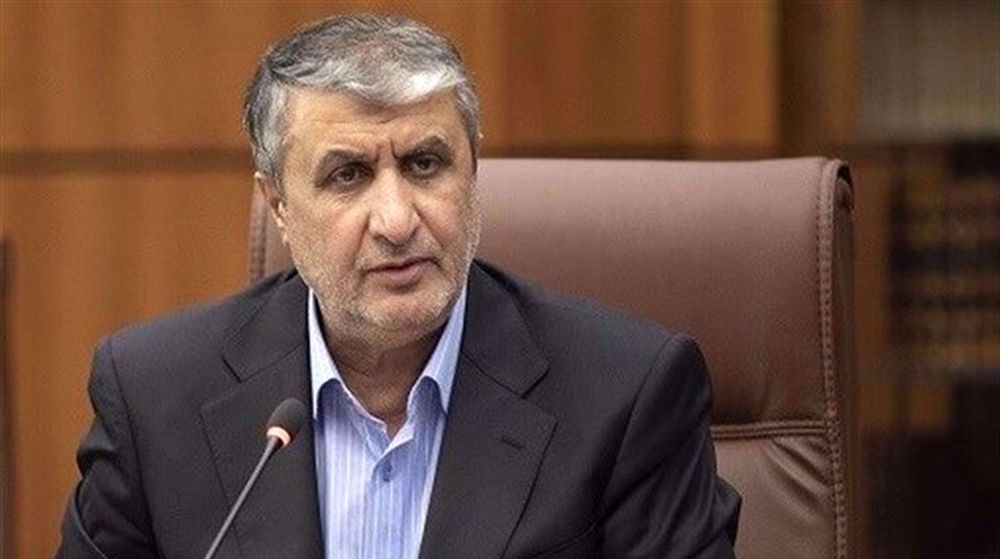Neither Iranians, nor Europeans want to renegotiate nuclear deal
Just like the European allies of the United states, Iranians are also unwilling to reopen the tough nuclear talks that yielded the Joint Comprehensive Plan of Action, says a top senator at the Foreign Relations Committee.
Democratic Senator Chris Murphy made the comments Sunday as top national security aides in the Trump administration were busy calling for calm in the wake of the president’s failure to recertify the nuclear agreement.
Any effort to renegotiate the deal is “an absolute fantasy,” the Connecticut lawmaker told Fox news, adding that “The Iranians will not renegotiate it, and neither will the Europeans … And so if we were to pull out of this agreement, as the president is threatening, Iran would get everything they want. They would be able to restart their nuclear program, because we would be in violation of the deal. The Europeans would continue to grant them sanctions relief, their economy would continue to grow.”
Speaking from the White House on Friday, Trump said he would not recertify that Tehran is complying with the 2015 nuclear agreement.
According to Murphy, Iran is complying with the deal and “the White House is required to tell Congress if they are not, and they’ve submitted absolutely no submissions.”
The president is required by US law to certify every 90 days whether or not Iran is complying with the nuclear deal. He has certified the deal twice since coming to office.
The US Congress has 60 days to decide whether to reimpose economic sanctions against Tehran, removed under the accord.
‘Pure insanity’
The Trump administration is, meanwhile, exerting pressure on Tehran by introducing new sanctions against Iran's Islamic Revolution Guards Corps (IRGC).
In a Sunday statement, US Treasury Secretary Steven Mnuchin accused the elite military force of providing support for terrorists, a baseless allegation also pursued in previous US administrations.
“The idea of sanctioning these people is pure insanity,” Gordon Duff, a senior editor at Veterans Today told Press TV on Sunday.
During the interview, the analyst further described IRGC as “an organization that’s been leading the fight against ISIL (Daesh) and has suffered hundreds of casualties.”
Duff added that the IRGC is fighting the “same enemy” that the US alleges to be battling, the Daesh Takfiri group, and is considered to be “on the same side as the United States” in this regard.
‘Don’t give Iran any opportunity!’

The Trump administration’s anti-Iran measures were also echoed Sunday by other officials such as Trump's national security adviser, General H.R. McMaster, who asserted that the JCPOA cannot be used as a “cover” for the pursuit of nuclear bombs, which the US and the Israel regime are both in possession of.
“One of the real problems with this deal is we can’t really say with confidence that they’re complying,” McMaster claimed, accusing Iran of having “walked up to the line” and “crossed the line several times in terms of the restrictions.”
“They have to revisit it because otherwise what you do is you just give the Iranians the opportunity to develop a nuclear capability. Their programs can advance and then they can go to industrial scale enrichment of uranium within a very short period of time and then bridge into a weapon, and that is just an unacceptable risk to the world,” he further claimed.
Since Trump reneged on the deal, the Unites States’ European allies, the UK, Germany and France, have become more vocal in their support of the deal.
McMaster insisted that “the president’s not walking away from the deal yet” and wants to see “some real change.”
During an appearance on CNN, Secretary of State Rex Tillerson was asked whether he agreed with Defense Secretary James Mattis that staying in the nuclear accord was in the best interest of the United States.
"I do agree with that," Tillerson said. "And I think the president does as well."
Tillerson also told CBS that Trump seeks “improvement” of the deal.
“If we don’t see improvement, there is no sense in staying in, and he has every intention of walking out,” he said.
‘We should anchor Trump!’
Tehran, meanwhile, has vowed to properly respond to the anti-JCPOA measures, while the International Atomic Energy Agency (IAEA) keeps verifying Tehran’s compliance with 2015 accord, also endorsed by Russia and China.
French President Emmanuel Macron said Sunday that he told Trump not to “tear up the deal” as he had vowed during the 2016 presidential campaign.

“After that I told him, let’s have a demanding dialogue, let’s continue to conduct checks, but let’s be much more demanding with Iran on its ballistic activity,” he added during his first live TV interview since taking office.
Macron refused to directly respond to a question on whether Trump is “dangerous” or “unpredictable,” saying, “I speak constantly to the US president because it’s my duty.”
“He is the president of the (world’s) first power, so it’s important to anchor him in this partnership, in this multilateral approach,” he said.
The French leader further asserted that Trump “wants to get tougher with Iran. I told him I thought this was the wrong approach because we have to look where we are now with Korea.”
VIDEO | Iranians hold nationwide demos in support of IRGC
Syria condemns US veto of Palestine UN membership resolution
Iraqi resistance forces hit Israeli Ovda air base
Hackers break into Israeli military’s computers, access trove of documents
Tulkarm Brigade commander killed by Israeli forces in raid on refugee camp
Zionist media desperately trying to turn Israeli defeat into victory: Iran
VIDEO | Press TV's news headlines
Iran censures US veto of Palestinian request for full UN membership













 This makes it easy to access the Press TV website
This makes it easy to access the Press TV website